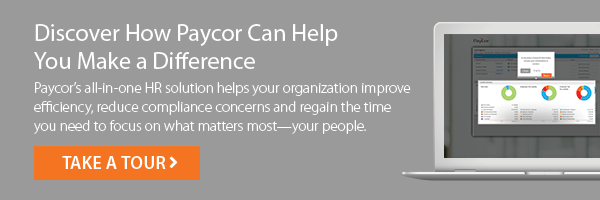The majority of people seem to be relatively well-informed about personal wellness: physical activity, eating right, drinking the recommended amount of water every day. But many people are unfamiliar with the term “financial wellness.”
Financial wellness refers to someone’s overall economic health as well as their lack of worry associated with money. Poor financial health is a known cause of personal and professional stress. Issues with finances can be a distraction at work. In addition to the monetary burden, the side effects of poor financial health often include:
- Absenteeism and presenteeism
- Depression
- Anxiety
- Stress-related illness
- Reduced productivity
- Marital conflict
As life goes on it gets more complex, especially regarding financial matters: student loans, retirement savings, household budgeting, daycare costs, estate planning, rent and mortgages, and many other variables contribute to complex and stressful issues that employees often can’t simply leave at home.
The American Psychological Association’s (APA) 2019 Stress in America Survey found that 60% of the approximately 3500 survey participants indicated that money is a significant source of stress. So how can you help?
What is a Financial Wellness Program?
Many companies are increasingly offering financial wellness programs to help employees get their finances in order. A survey conducted by the Employee Benefit Research Institute (EBRI) found that about 50% of companies with more than 500 employees offer some sort of financial wellness program. The good news is that smaller companies can absolutely do the same thing.
A financial wellness program is designed to educate employees about the proper way to manage their money. Many plans include tools such as financial counseling and coaching either online or through an employee assistance program (EAP), credit counseling, and retirement modeling calculators.
What Should I Include in My Program?
Just like with physical wellness programs, you’ll find many options to include in your financial wellness plan. Depending on the makeup of your workforce, some of these ideas might not work for your culture.
- Lunch & Learns. This is a relatively low-cost option. Pick a day every month, spring for lunch for the group, and invite local guest speakers in the finance world to run hour-long workshops about budgeting, reducing debt, saving for retirement, buying a home, etc.
- Local Partnerships. It’s highly likely that someone in your network is a financial planning professional. Work with them to provide your employees with discounted services and know-how to help them better handle their finances.
- Financial Wellness Tools. You’ll find a ton of online services, so it’s important to consider the needs and demographics of your workforce. Retirement planning calculators might not be useful if your employees are in their 20s. But a mortgage calculator might be.
- Education Perks. Consider whether a tuition reimbursement program or student loan forgiveness plan is possible. Many employees carrying heavy student loan debt often feel as if they’re in over their heads – especially if they’re fresh out of college. Helping them out will help out your company too.
Give your employees the necessary resources and tools to help prevent the side effects of unhealthy finances before it becomes a problem. You’ll save your company time and money with a relatively minimal cost that’s worth every penny.










